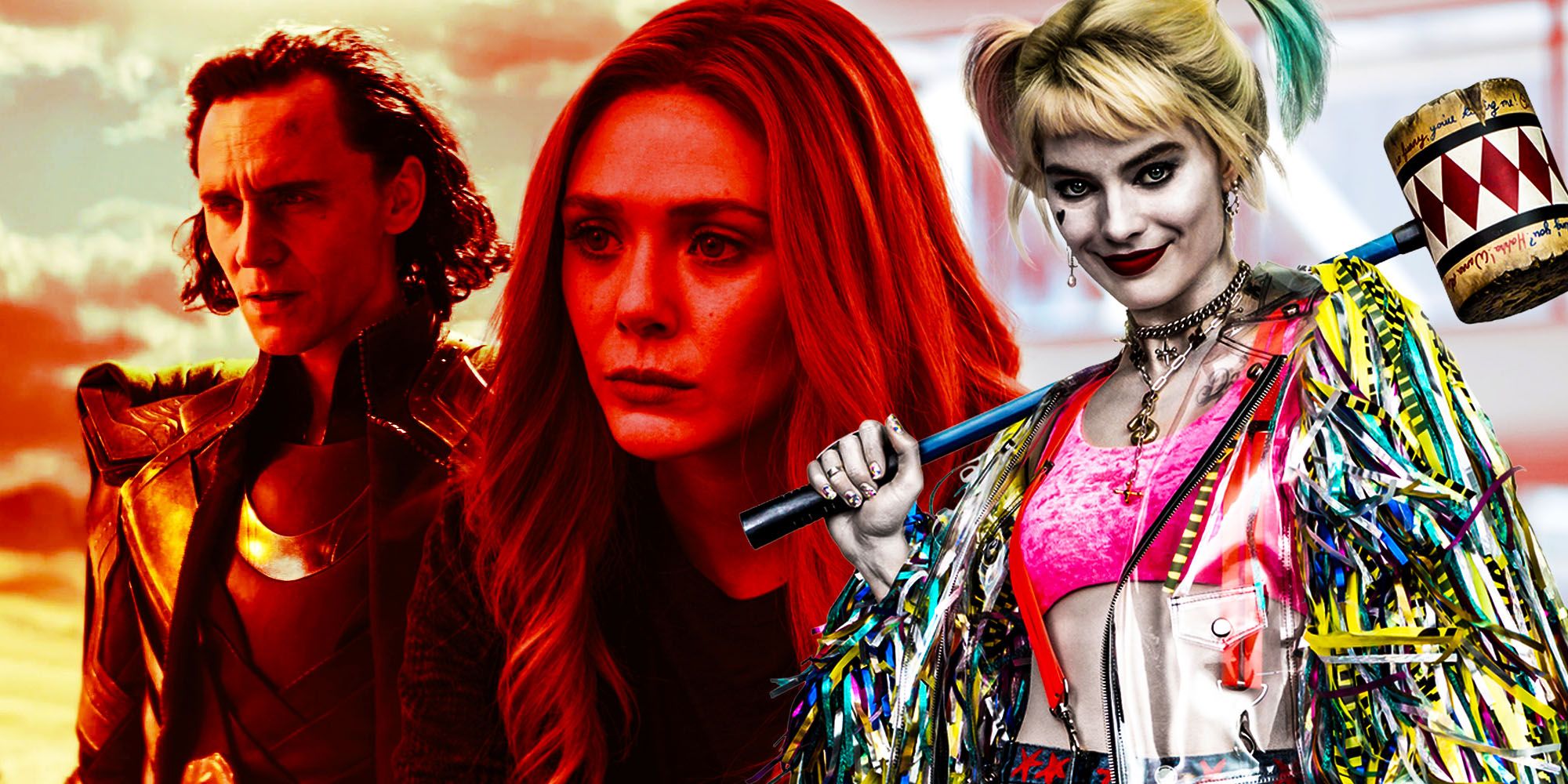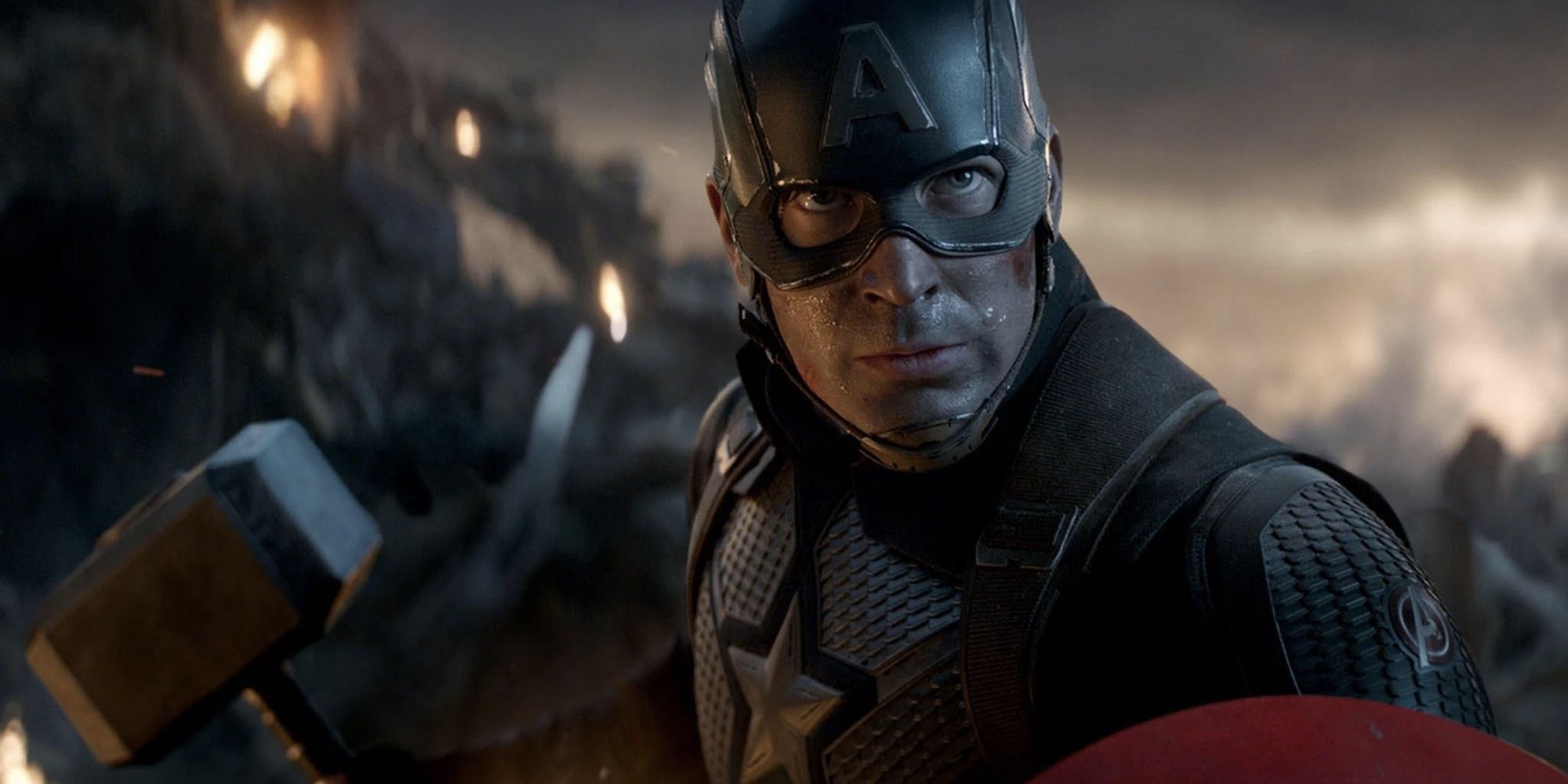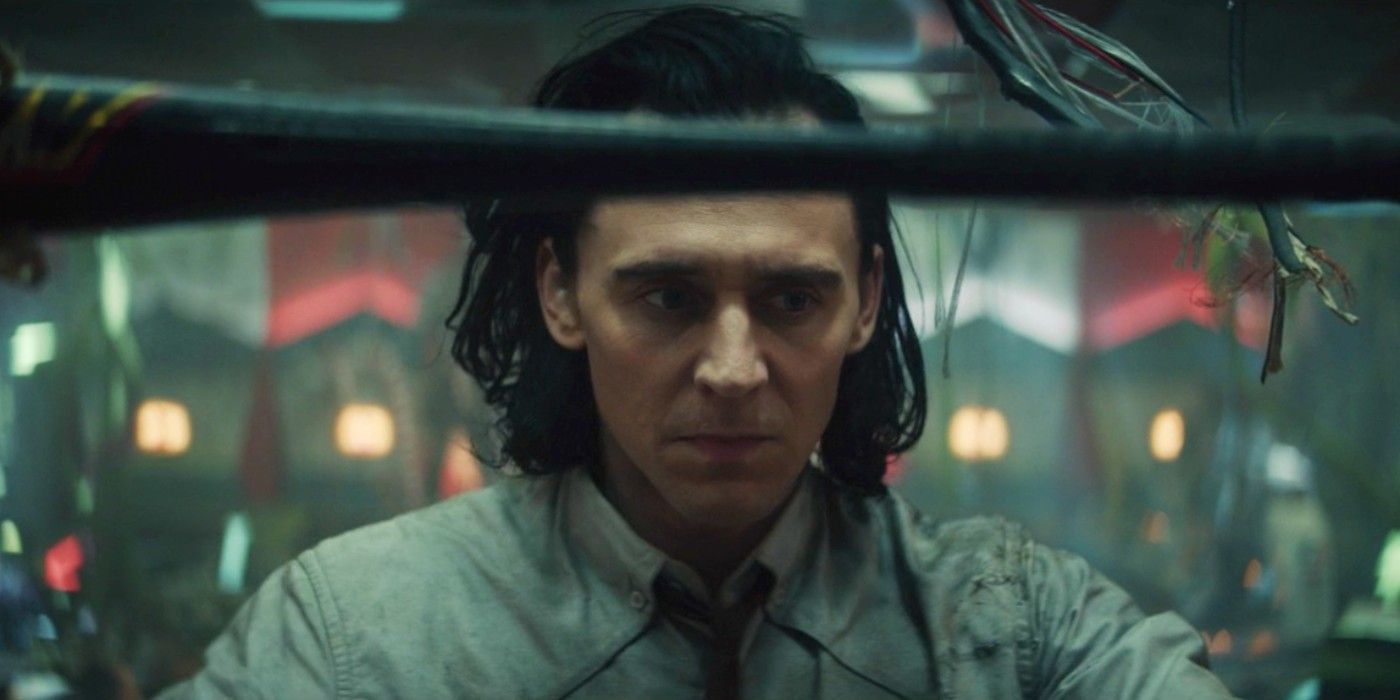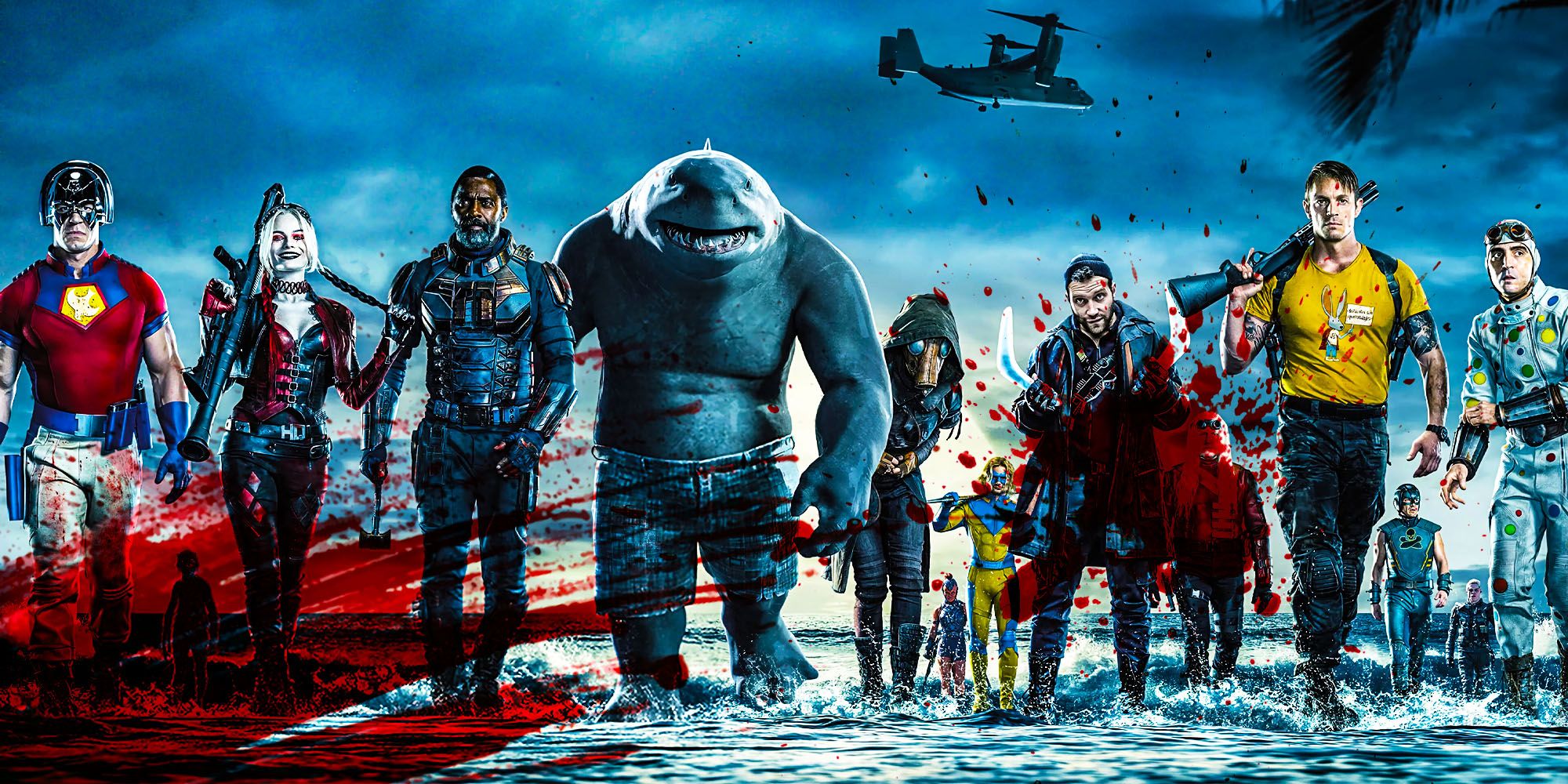
As the Marvel Cinematic Universe continues to expand in Phase 4 and beyond, the new allowances for the MCU’s anti-hero characters can help deny the biggest difference between the DCEU and its Marvel rivals. Since its inception with Iron Man in 2008, the MCU has made a lot of changes across over 20 films and now multiple TV series. To continue to challenge their DC rivals, Marvel needs to continue to evolve and the upcoming introduction of more Marvel anti-heroes could be the key.
Critics and directors have regularly criticized MCU movies as being trite and repetitive. Their criticisms often overlook important purposes and attributes of the franchise, seeing only its mass popularity and dismissing the productions out of hand because of it. However, there are valid criticisms to be made about the franchise’s history of a lack of diversity (something that Marvel is working hard to fix after too many years) and a lack of focus on the franchise’s antagonists.
The MCU has obviously become one of the most popular franchises to ever exist and regularly sets new international box office records. However, by continuing to change and evolve in the way it seems set to, the MCU can rebuff previously justifiable criticisms and ensure that it continues to hold its position as the biggest superhero franchise against DC. Here’s how it’s changing and what these changes could mean for the future of the MCU.

In the early days of the MCU, the franchise focused on simple dichotomies with relatively few shades of grey. Good versus evil. Right versus wrong. A clear delineation between the hero and the villain. While Marvel has certainly played with flawed characters on the screen, Tony Stark’s self-absorbed narcissistic Iron Man (Robert Downey Jr.) being a prime example, there is little doubt that the hero will do the right thing in the end.
This focus on the concept of an innate “goodness” in MCU heroes is of course most exemplified by Steve Rogers as Captain America (Chris Evans) as he delivers speeches about what is right and wrong. Even with the return of his friend, Bucky Barnes (Sebastian Stan), as the Winter Soldier, the question is not whether Steve Rogers is evil for trying to help the Winter Soldier, but rather a recognition that Barnes has some of this innate “good” quality that can be brought to the surface. All of the protagonists that have been the focus of the MCU Phases 1 through 3 have been clearly identified as fundamentally “good” people, with their darkest elements being the actions of their pasts.
Playing with this dichotomy often has left the MCU with less memorable villains that are simply “evil” rather than having a more morally justifiable stance and often sees the villains killed off after a single movie. Previous attempts to make the villains appear more understandable have yielded Marvel mixed results. While Thanos (Josh Brolin) believed that he was doing the best thing for the universe, audiences were quick to poke holes in his logic. Killmonger (Michael B. Jordan) raised valid societal and moral issues but was simply killed off at the end of Black Panther with Killmonger killing his girlfriend to help preserve a more simple “good versus evil” narrative for the audience before the character had a chance to grow and evolve further. These were more compelling villains but were also signs of where Marvel’s anti-heroes can take the MCU and not a final destination in themselves.

The MCU Phase 4 has already started to rectify this problem with the Disney+ TV series focusing heavily on Marvel’s anti-heroes. WandaVision took Wanda Maximoff (Elizabeth Olsen) and had her become the villain in her own story as she took over the minds of the people of Westview for her own purposes. Loki takes both Loki (Tom Hiddleston) and Sylvie (Sophia Di Martino) as protagonists who are morally gray at best. And What If…? ultimately focuses on the actions of a Doctor Strange (Benedict Cumberbatch) from a timeline in which he literally destroys the universe.
The upcoming movies in the MCU’s main lineup of movies and TV shows promise to continue this trend of exploring Marvel’s anti-heroes. However, this will be accentuated by the impending merger of the MCU with Sony’s Spider-Man Villain Universe, a move that has been all but confirmed by Venom: Let There Be Carnage and the trailer for Morbius. Venom has already established the composite Eddie Brock (Tom Hardy) and Venom entity as being willing to kill to reach their goal. Jared Leto’s Dr. Michael Morbius in Morbius promises to walk a similar line and, when combined with past villains such as Vulture, will help to set up a larger team of Marvel anti-heroes.
Combining this ready-formed team of Marvel anti-heroes put together by Sony with the rest of the MCU’s anti-hero characters can create deeper, longer-lasting conflicts in the MCU. As they are established properties outside of independent movies, the anti-heroes are less likely to be killed off if they serve as the antagonist for a movie against a more classically “good” hero as it would put an end to their own franchise. The depth of moral conflicts that these teams can go through as they work for the general good but through wildly different means can help Marvel to recapture the internal struggles between protagonists that made Captain America: Civil War such a success.

DC FanDome 2021's showing of villains and anti-heroes proved that DC had realized that, both in the DCEU and beyond. Capitalizing on the success of The Suicide Squad, DC is doubling down as they proceed with the third season of the Harley Quinn animated TV series, a Suicide Squad video game, and the Peacemaker TV series, all of which focus on anti-heroes. On top of that, they are providing more villainous takes on their usually-incorruptible heroes, as The Batman sees Bruce Wayne (Robert Pattinson) trade justice for revenge and the adaptation of the video games and comics for Injustice sees a tyrannical Superman.
This move could have allowed DC to corner the market on DCEU anti-heroes and villain storylines by taking over the space that had long been neglected by the MCU. However, the new focus on the MCU’s anti-hero characters means that Marvel can be sure to continue their monopoly on the market after already seeing greater long-term success with their extended universe than the DCEU has had. Ultimately, Marvel’s anti-heroes promise to be great for the MCU and their audiences, but particularly bad for DC and the DCEU.
from ScreenRant - Feed https://ift.tt/3ob6xJg
via IFTTT
No comments:
Post a Comment